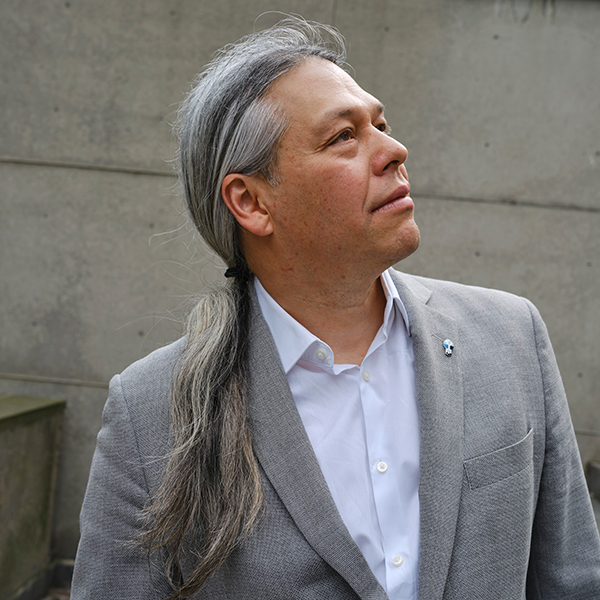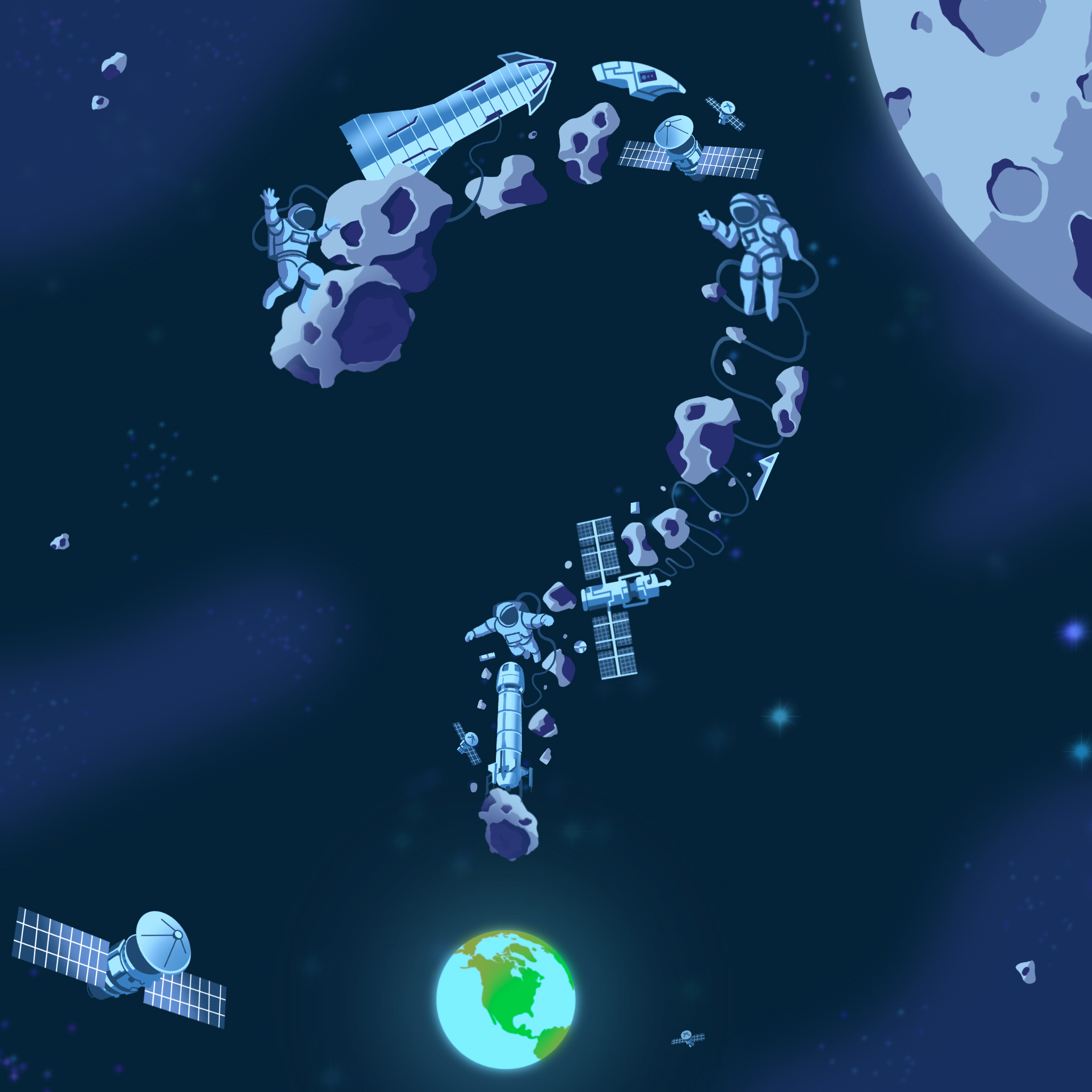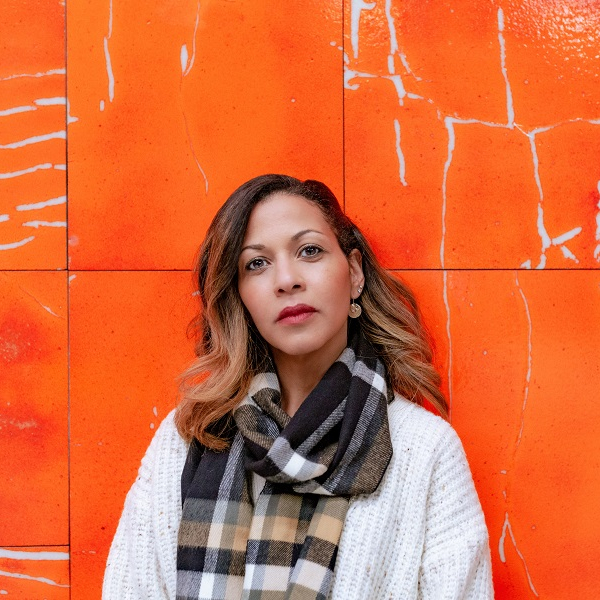Back in 2005, a pair of students who met in a McGill political science class embarked on an ambitious project that would eventually have a huge impact on the lives of many in northern Uganda, winning an international prize in the process.
As they learned about the repercussions of a 23-year civil war in northern Uganda – during which the Lord’s Resistance Army abducted 67,000 children and youth for use as child soldiers and sex slaves – Andrea Charbonneau, BA’06, and Farah Williamson, an exchange student from the U.K.’s Warwick University, felt compelled to act.
“I’d never been to Africa, but hearing about all the problems without many solutions was very frustrating,” recalls Charbonneau.
Williamson had spent part of her childhood in Uganda and her family was later evacuated from Rwanda in 1994, just days after the genocide began.
“We were lucky to have had British passports, which meant we could leave.” Hundreds of thousands of people died in the violence that swiftly followed – including Williamson’s nanny, a woman she describes as her best friend. “I promised myself I would do everything I could to honour her through my work and life,” says Williamson.
That long-ago promise inspired the classmates to launch Shelter Wakadogo – which means ‘for the little ones’ in Swahili – a McGill student club focused on raising awareness and funds to help children in the war-torn, poverty-stricken area of rural northern Uganda.
“Andrea and I were also encouraged by incredible female role models like British Columbia senator Mobina Jaffer, [Canada’s] first African-born senator. We met her in Ottawa in 2005 and she told us to follow our hearts and to focus on northern Uganda, where the need was greatest,” recalls Williamson.
Visiting the city of Gulu in 2006, Charbonneau and Williamson met children in refugee camps and realized that education was the most powerful way to support this community. Together with Williamson’s mother Nilmin, a third-generation Ugandan, they decided to open a new school. “Being in university is the most special time in your life because you have energy and no fear,” says Charbonneau. “Building a school in a war zone seemed impossible, but we just plowed through and made it happen.”
Being told they were too young and inexperienced to complete the project only fuelled their determination, adds Williamson. Charbonneau credits both the McGill community and the Student Society of McGill University with providing crucial support during the project’s initial years. Charbonneau received the McGill Alumni Association’s James G. Wright Award in 2008, a prize that recognizes young alumni for outstanding community work.
Funding at first came from bake sales, poker tournaments and walkathons. Project Shelter Wakadogo became a registered Canadian charity in 2006, and soon they’d raised enough money to acquire two acres of land in the remote village of Acoyo, near Gulu.
In 2009, Wakadogo became the first school in the community, welcoming its first 60 students. Working closely with the Acoyo community, the Wakadogo team forged on, digging a well to provide clean water, building more classrooms and bringing solar power to the school. In 2013, it acquired more land, adding several classrooms, a new library, and a sports field. Today, the school educates close to 500 children and has one of the highest retention rates in the country.
“There’s a Tanzanian proverb that says, ‘Little by little, the little becomes a lot’ and that’s how we were able to achieve what we did,” says Charbonneau.
“If you make mistakes, you can correct them little by little; you gain people’s trust, little by little, by showing up every day. We took in feedback and adapted as the community’s needs changed. And as we grew, we learned. The community went from thinking we were outsiders to us being part of that community. That was our secret sauce.”
When the pandemic hit, Uganda enforced one of the world’s longest lockdowns. Since fewer than nine per cent of the country’s rural population has access to the internet, online learning wasn’t an option, so Wakadogo’s teachers implemented door-to-door schooling in housing compounds, conducting more than 36,000 lessons to keep the children on track with their learning.
Wakadogo was recently one of the first schools to receive recognition from the World’s Best School Prizes, a program that celebrates innovative school practices demonstrating a lasting impact on students’ lives and on the community. Organized by T4Education, a digital media platform hoping to build the world’s largest community of teachers and schools, these international prizes are judged by educators, academics and NGO leaders. Wakadogo won in the “overcoming adversity” category. (The other schools that won are in Chile, the Philippines, Scotland, and the U.S.)
“Winning was very exciting for us. Farah and I were so honoured, and never in our wildest dreams did we think we would win,” says Charbonneau.
The $50,000 prize money will help build a solar-powered computer lab with 50 laptops and 50 tablets and hire an IT teacher to develop the region’s first computer literacy program. The lab will also serve surrounding schools, families, and community members during after-school hours.
Aside from their Wakadogo work, Charbonneau and Williamson have been busy building careers. Williamson is the director of gulf partnerships at Plan, one of the world’s oldest and largest international development agencies. Charbonneau lived in England for a while, working as a project manager for the fabled cognac producer Hennessy’s corporate social responsibility program. She moved to southern Spain in 2015 and became a portrait photographer – a passion she developed while taking photographs in Uganda.
Charbonneau continues to oversee Wakadogo’s governance, policies and academic performance, plus the new computer literacy initiative. Williamson’s mother Nilmin lives in Gulu and helps manage the school’s day-to-day operations.
Wakadogo’s first class graduates from high school this year, and an alumni association was recently created to help support the students.
Several of the founding team members from McGill still sit on Wakadogo’s board. Zayna Aston, BA’04, Ashley Messick, BA’08, and Catherine Nadeau, BA’07, have been with the charity since the beginning, while Azim Keshwani, BCom’00, joined in 2016.
“Everyone feels like they were part of the ‘little by little’ that became a lot,” says Charbonneau.
“We’re very proud of our McGill connection; it’s an environment that fosters the ability to dream big.”


